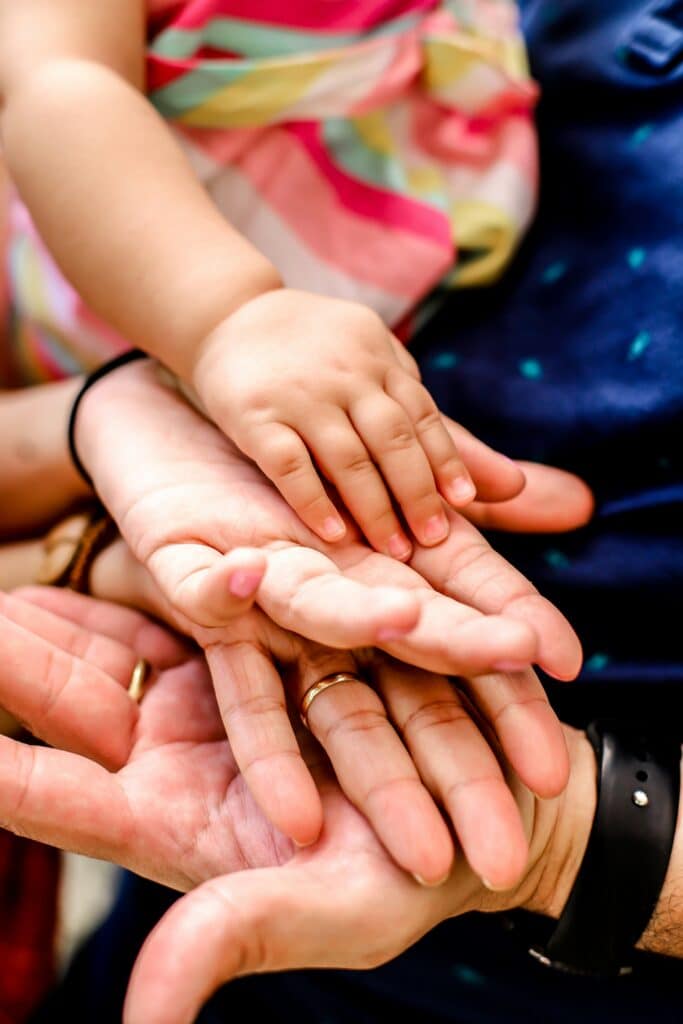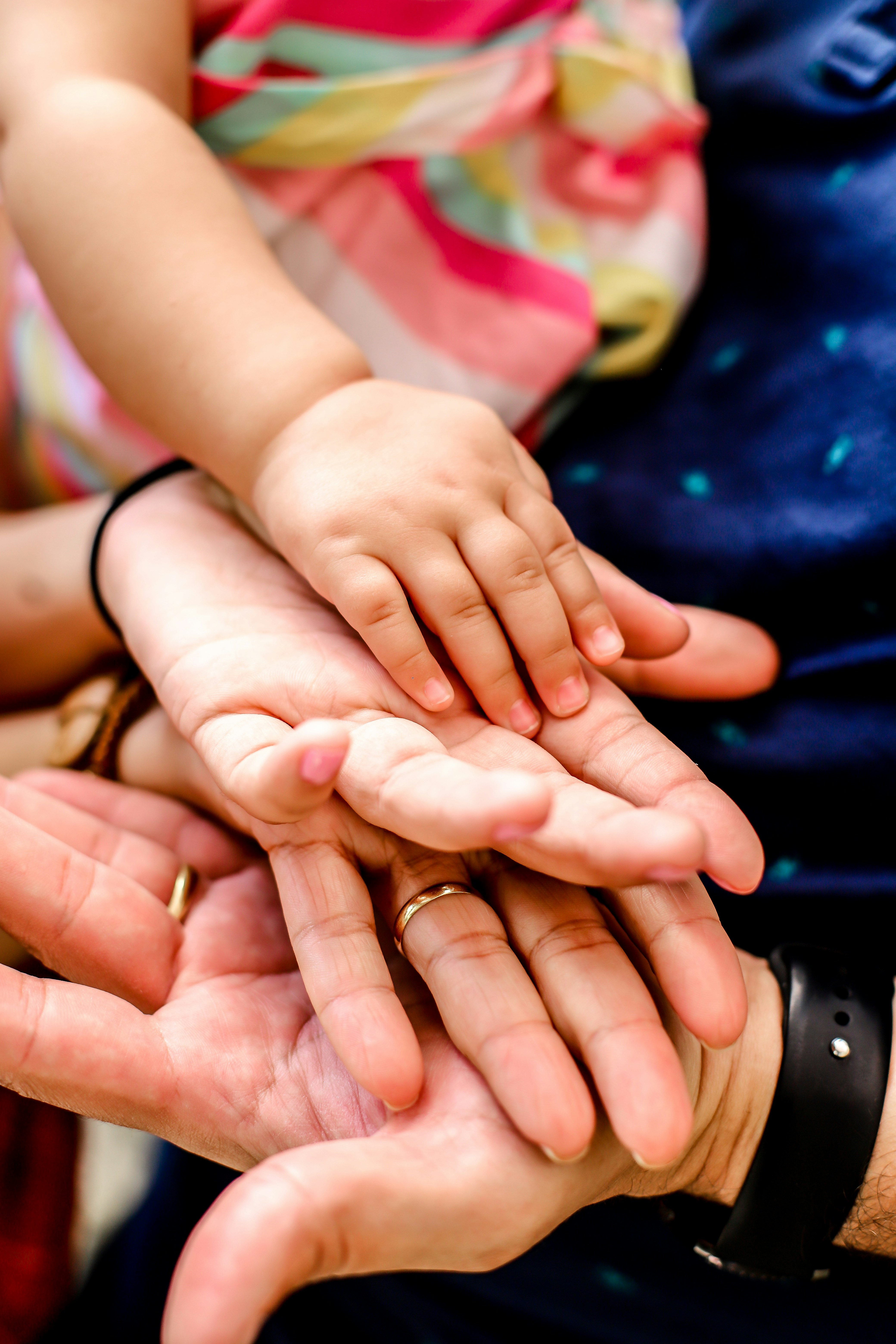From Tragedy to Restorations: Woman of God, or WITCH?, Article 5 of 10

Woman of God, or WITCH?
Article 5 of 10

By Elizabeth Lane Miller and Helene Fisher,
Gender and Religious Freedom (GRF)
This article is part of the series Pursuing Partnership: Men and Women in Ministry.
“ ‘WITCH’ – that’s Women In The CHurch, right?” guffawed an elder in Elizabeth’s local church in America. On the other side of the Atlantic Ocean, an elder in Helene’s church listened to a leadership committee of mostly women strategizing about church growth and said, “It’s like you should all be around a steaming cauldron, stirring.”
Why should a group of women who love and serve Jesus bring to mind the opening scene of Shakespeare’s MacBeth? And what makes this a common “joke” to Christian men?
What is it that means we laugh, perhaps uncomfortably, at identifying Christian women as witches? This strange recurring joke jests about women – our Christian sisters – being someone who communes with our adversary.
When Jesus’ admonished his followers to beware the wolf in sheep’s clothing, did he really mean that the most likely source of betrayal is from women – the polar opposite of the ally, the ezer kenegdo, which women were designed to be?
There are two possible options: either God has changed His design for women as allies or we have fallen into what Restorations IRL calls Scheme #2: Mis-identifying the Adversary: in times of conflict or danger, focusing our defenses against the wrong person.
Like an auto-immune disorder, when we misidentify the adversary, we attack the good while trying to defend against the bad. Akin to Scheme #1: Half-Truths, Misidentifying the Adversary takes a good instinct and incorrectly applies it. If we cannot trust our closest ally, then we are destined to be a body at war with itself.
This scheme does more than simply attack our harmony as men and women in Christ. For Christians, we need to see that it is also an attack on God’s very good design for our shared Purpose & Unity, which was meant to reflect the unity of a triune God.
One solution to our fear of the other in a fallen world has been to use gender roles to differentiate ultimate purposes: know your lane. Clear delineation attempts to quiet the conversation.
In many countries, the church is slowly discovering that when gender roles stereotypically define men and women, society responds with a proliferation of ‘genders’ in order to create space for our individuality.
The persecuted church’s experience illustrates the other problem with equating gender roles with our human purpose. If a boy’s purpose is to grow to provide and a girl’s purpose is to grow to bear children, then their bodies can be viewed as commodities. Boys are abducted to be soldiers, girls to be sex slaves or bush wives.
What if these same children and youth were taught that their purpose is to love and serve God, make disciples, share the good news and rule over creation? These are godly roots of purpose and unity which cannot be threatened by circumstance.
This means that boy soldiers and pregnant teens who are returned to their Christian communities can still have a future in Christian families as godly believers with spiritual gifts and Jesus’ message of hope and love. While they may still have a number of gender roles to fulfill in life, these roles do not define their God-given purpose.
The other risk of believing that gender roles define our ontological purpose in life: most iterations of sharply divided roles don’t resemble true unity either. This is what Restorations IRL calls Distortion #2: Our individual roles become our purpose in life; it seems safer to be alone. (See Distortion #1, if you missed it).
The tendency to self-isolate is a modern-day phenomenon that is recognised as being counter to human flourishing, and reaches beyond gender and beyond the church.
Recently, The Atlantic quoted USC psychology professor Darby Saxbe on the rise of family estrangement, saying: “‘We have adopted this view that relationships are too messy, challenging, demanding, or threatening, and it is cleaner and easier to go through the world solo,’ Saxby said. ‘But that doesn’t track with what we know about human flourishing.’”
Whether in persecuted Christian settings or secular psychology, there is opportunity for the good news about our God-given human purpose and our intended unity: Peace between men and women is not more improbable than peace between God and humanity.
The ultimate example of Misidentifying the Adversary was 2000 years ago when the Pharisees plotted Jesus’ death (Mt. 12:14). These religious leaders’ main mission was to identify and follow the Messiah, yet they confused their mission with protecting their position. And in their zeal to protect a system, they missed the arrival of the disruptive Messiah and, instead, hung on a cross the very Savior they were meant to love and worship.
The marvel of God was that He used the predictability of humans falling prey to this scheme in His plan of salvation. In doing so, Jesus opened the way for true fellowship with God, and harmony between Christian brothers and sisters. In Christ, women and men stand shoulder to shoulder in trust and unity of shared Great Commission purpose.
Next week, we explore the relational effect of Distortion #2: Distrust, as Jesus defiantly chose to trust Unlikely Messengers.
With permission: Throughout this series we will draw upon the church training material available through restorationsirl.com. Elizabeth and Helene are the pioneering co-authors of Specific Religious Persecution reports published between 2018-2023 by Open Doors International’s World Watch Research.
This article is submitted by Wendy Wilson of Missio Nexus and of Women’s Development Track. Women’s Development Track is a Missio Nexus member. Member organizations can provide content to the Missio Nexus website. See how by clicking here.





Responses